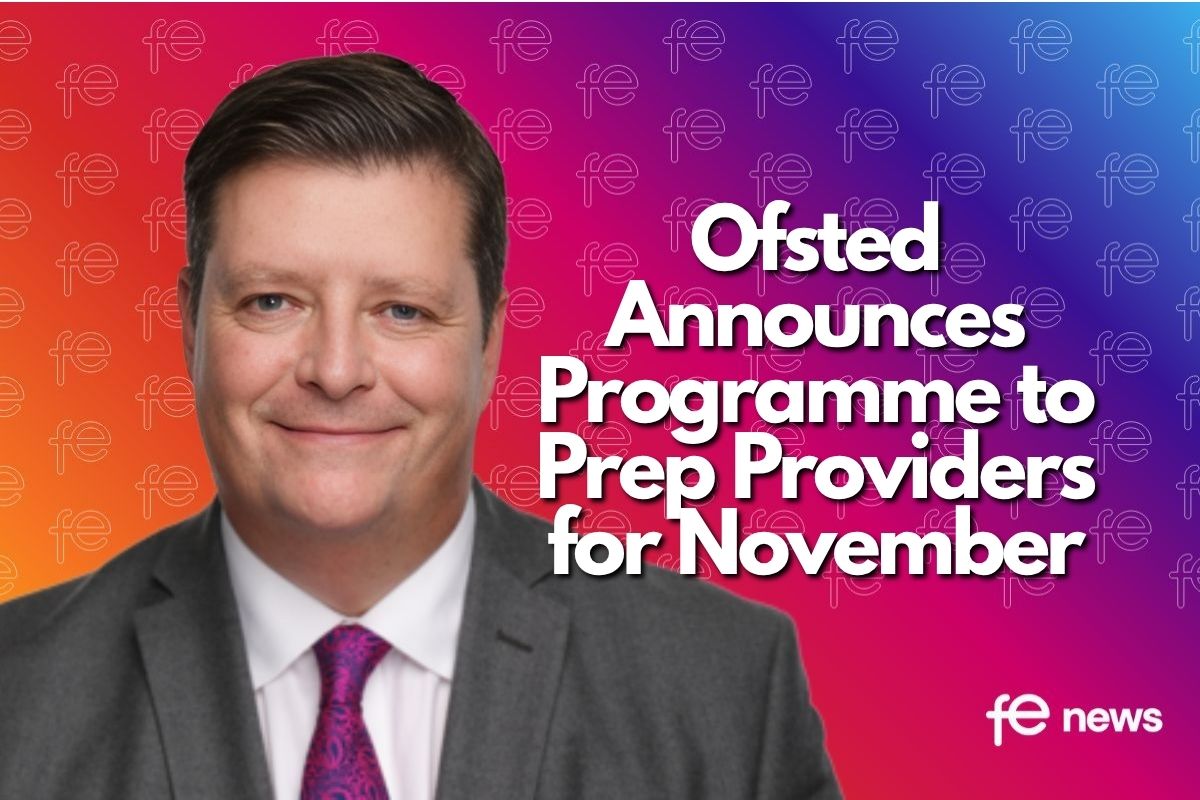Threat to social mobility posed by government’s own apprenticeship reforms

AELP has therefore presented in its submission 14 issues that need to be addressed if the obstacles to social mobility are to be removed.
 AELP CEO Mark Dawe said:
AELP CEO Mark Dawe said:
The message came out from Downing Street over the summer that social mobility was still the number one priority for the government after securing a good deal for Brexit. Education ministers therefore need to get a firm grip on the apprenticeship reforms to stop a potential haemorrhaging of young talent missing out on opportunities that employers were previously willing to offer. The adult workforce needs apprenticeships too for business to meet the skills challenge.
No big shake of the money tree is required to get these reforms on track but ministers do need to conduct a major reappraisal of where their priorities lie with apprenticeships if they are signed up to the Prime Minister’s agenda.
- We believe that all 16-18 apprentices should be fully funded by the government, regardless of whether they are employed by a micro employer, an SME or a levy paying employer.
- The equalisation of funding for all apprentices of all ages leads to more older apprentices being selected.
- The compulsory employer contribution is a disincentive to hire an apprentice especially when additional work is required to support the most disadvantaged apprentices or younger apprentices with less initial work and life experience.
- Employers say that the rigid implementation of 20% off-the-job training is “reducing our recruitment of level 2 apprentices”.
- Training time for maths and English is required in addition to the mandatory off-the-job training with the least able apprentices placing the heaviest burden on employers.
- Provider funding for maths and English in apprenticeships is miserly at only 50% of the classroom rate, below the cost of delivery and provides no incentive to take on the most challenging individuals. Failure of maths or English leads to failure of the apprenticeship.
- The replacement of the previous sound system of disadvantage funding significantly reduces the funding for the individuals.
- There are still funding and performance monitoring disincentives with Traineeships, an important transition programme, inhibiting their much needed growth and development.
- Employer and provider young person incentives set at a flat rate of £1,000 rather than a proportion of the funding band are disadvantaging the longer more expensive programmes.
- Levy paying employers are prioritising existing employees for apprenticeships instead of recruiting new entrants and giving young people an opportunity, further restricting opportunities for young people.
- Levy paying employers are also prioritising higher and degree level apprenticeships over intermediate and advanced levels which are vital starting points for the young, the inexperienced and the disadvantaged.
- ESFA is encouraging a shift in focus from SMEs and small employers to larger levy paying employers.
- Minimum contracting threshold of £200k, without allowing consortium bidding, as precluded around 300 existing providers from bidding in the recent non-levy apprenticeship funding tender and could also impact a further 200 through a pro-rata award due to oversubscription. Many of these training providers are niche specialists with many years’ experience of working with smaller employers and offering apprenticeships in their locality, supporting young and disadvantaged apprentices.
- Removal of nationally recognised qualifications from apprenticeship standards further reduces the mobility of the apprentice.











Responses